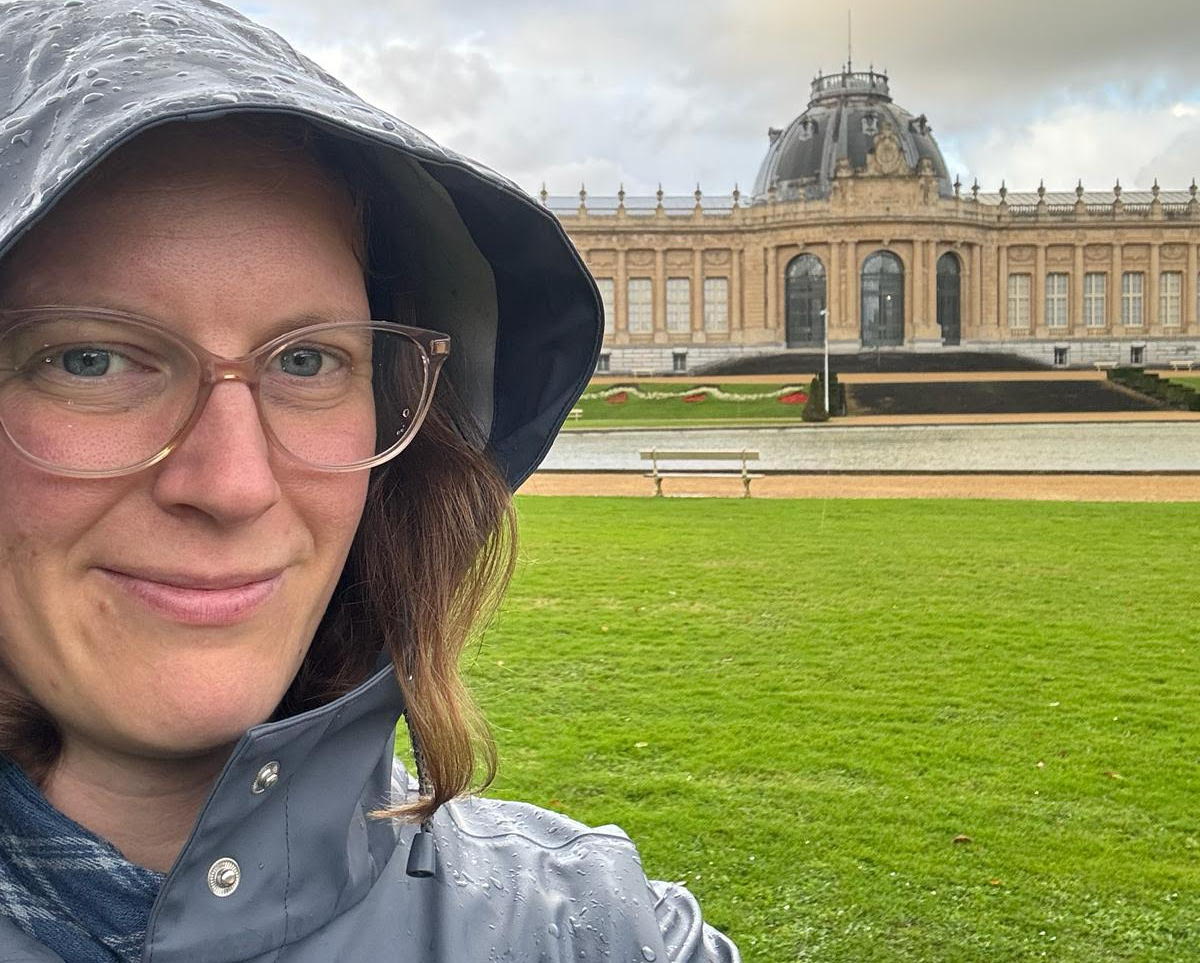Elections 2024: Expat perspectives on Belgian politics: Amanda Lönngren

Following moves between France, China and Latvia, Amanda Lönngren from Sweden feels at home in the melting pot of Brussels. Her job as a legislation translator for the European Commission gives her an insight into politics, people and Europe’s pulse.
Lönngren’s first and most lasting impression of Brussels is the city’s immense diversity. “Brussels is not a big city geographically but it feels metropolitan, and you witness the merging and mixing of Flanders and Wallonia in addition to the massive international community,” the 33-year-old says.
While she acknowledges that the city has made positive changes in terms of sustainable transport options, she believes more can and should be done by politicians, including reducing traffic and making more room for pedestrians. She does not feel it is obvious, however, at which level of government these decisions will be made.
"It is important for it to be clear at which political level they have the most sway"
Lönngren is one of many expats who long for clearer insight into the many governments in Belgium. “I am always looking at which levels these changes will take place,” she says. “Topics concerning the environment and human rights would logically be taken care of at the EU or at the federal level instead of the municipal, but we also need to look at local ways to make changes. It is important for it to be clear at which political level they have the most sway.”
The number of vulnerable and unhoused people in the capital concerns Lönngren, who believes the issue is bigger than just Belgian politics and too large for one election to fix. “The answer always seems to be 'more police', but that is merely a band-aid on a bleeding wound,” she says. She thinks that local politicians should focus on more allocated funds for preventive measures such as implementing social workers in place of police forces.
Investing in young people
Another issue she hopes to see improvement on is giving young people a safe and healthy place to be after school. “There should be activities or at least a community centre for kids to spend time at between school and going home,” she says. “It does not need to cost a lot of money, but somewhere they can be around safe adults, learn how to repair a bike, play sports, and meet other people. This is what local politicians should be focusing on.”
While Lönngren is unable to vote in the Belgian federal elections, she maintains that it is important to vote where you live. However, she has not yet seen an effort being made to inform residents of the upcoming municipal elections.
“A colleague at the European Commission said the elections were coming up, and that was the first time I heard about the municipal elections in Belgium,” she says. “However, the municipal elections are still quite far away, and I assume the focal point for the moment is the elections for the European Parliament. For these elections I was properly informed on how to register to vote, so I suppose I will receive similar information when we come closer to the municipal elections.”
For the EU elections, Lönngren will vote from Sweden. Having lived in Belgium for just over a year, she wants more time to understand the country in its European context before voting. “I feel more comfortable going with the politicians and parties that I know,” she says.
For the municipal elections in Brussels, she plans to research each candidate and their positions, specifically on climate and social contributions to see how they can improve the city at the heart of Europe.
(MOH)
#FlandersNewsService | © BELGA PHOTO AMANDA LÖNNGREN
Related news

